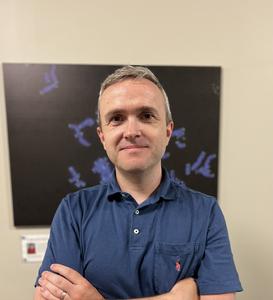Author Interviews, Gender Differences, JAMA, University of Michigan / 14.02.2025
UMichigan Study Reveals Gender Differences in Online Physician Reviews
MedicalResearch.com Interview with:
Farrah Madanay, PhD
Postdoctoral Research Fellow
Center for Bioethics and Social Sciences in Medicine
Michigan Medicine
University of Michigan
MedicalResearch.com: What is the background for this study?
Response: Patients are increasingly using online forums to evaluate their physicians, with not only star ratings but also written narrative reviews. These reviews tend to fall into two dimensions: interpersonal manner, which includes comments about the physician’s attitude, behavior, and communication; and technical competence, which includes comments about the physician’s knowledge, skill, and outcomes. These two dimensions are important for patient-centered care and align with research from social psychology.
Whereas prior studies have revealed gender differences in workplace assessments and overall star ratings of physicians, little is known about physician gender differences in patients’ online written reviews. We were curious whether physician gender differences were prevalent in patients’ written reviews and consistent across physician specialties, from generalists, like primary care physicians, to proceduralists, like surgeons.
We collected physician profile, rating, and review data from one of the largest commercial physician rating and review websites. We focused on physicians from three primary care specialties (family medicine, internal medicine, and pediatrics), and three surgical specialties (general surgery; orthopedic surgery; and cosmetic, plastic, and reconstructive surgery). Our final sample included 345,053 online reviews received by 167,150 U.S. physicians between 2015 and 2020.
We used hand-coded reviews to train an advanced natural language processing algorithm to classify all reviews for the presence and valence of patients’ comments of physicians’ interpersonal manner and technical competence. We then conducted multilevel logistic regressions to analyze differences by female or male physician gender in interpersonal manner and technical competence comments and whether those comments were associated with review star ratings.
(more…)





























 Wilson N. Merrell
Ph.D. Student
Wilson N. Merrell
Ph.D. Student

